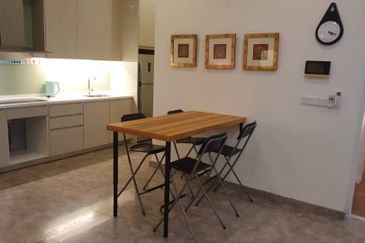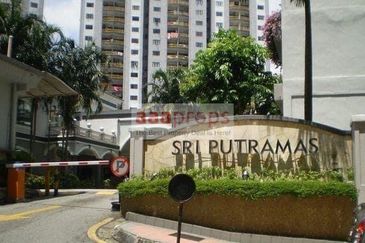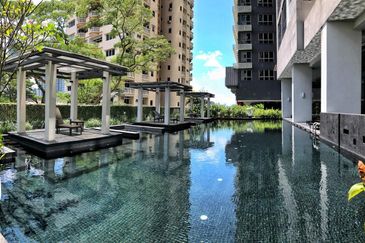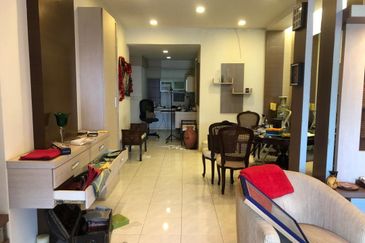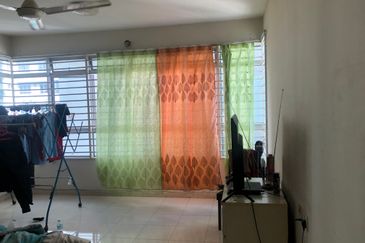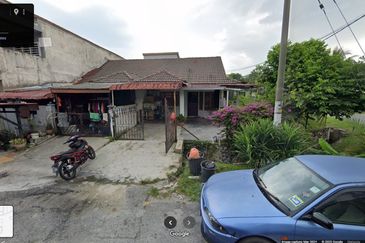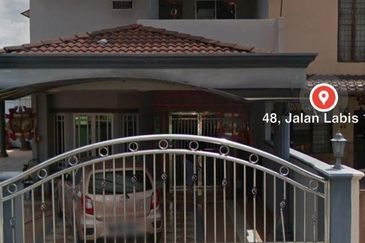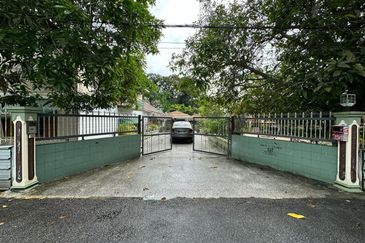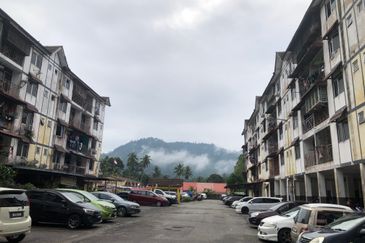
- As non-profit entities, JMBs/MCs/RAs are not subject to corporate tax. Requiring them to adopt e-invoicing serves no practical purpose from a tax-compliance perspective.
With the recent implementation of e-invoicing requirements, many organisations are scrambling to ensure compliance. While the objective of e-invoicing is clear — to improve tax compliance and enhance efficiency — the broad application of this system to non-profit organisations such as joint management bodies (JMBs), management corporations (MCs), and residents associations (RAs), for that matter, raises significant concerns.
According to the Inland Revenue Board of Malaysia (IRBM), the e-invoicing mandate applies to all individuals and legal entities, including associations and bodies of persons. This broad application encompasses non-profit entities such as JMBs, MCs and RAs, despite their non-profit status and lack of taxable income.
JMBs, MCs and RAs are non-profit entities established to manage and maintain stratified properties on behalf of owners. Their primary role is to ensure the upkeep of common areas, manage finances responsibly, and serve the collective interests of property owners. Crucially, JMBs, MCs and RAs do not generate profits, nor do they distribute dividends to property owners. The funds collected — primarily from maintenance fees — are fully utilised for property management purposes, leaving no room for taxable income.
The imposition of e-invoicing on JMBs/MCs/RAs presents a perplexing challenge. As non-profit entities, JMBs/MCs/RAs are not subject to corporate tax. Requiring them to adopt e-invoicing serves no practical purpose from a tax-compliance perspective. Instead, it introduces unnecessary administrative complexities, increases operational costs, and diverts resources away from their core responsibilities.
Understanding the role of JMB/MC
JMBs and MCs are statutory bodies established under the Strata Management Act 2013 (Act 757) (SMA) to manage and maintain the common properties of stratified developments whilst RAs are registered under the Registry of Societies. Unlike businesses, these entities do not engage in profit-making activities. Their sole purpose is to ensure the well-being of residents/unit owners through:
• Collection of maintenance fees and sinking fund contributions to cover shared expenses such as security, cleaning, and building upkeep
• Administrative and facility management to ensure smooth operations within the community
• Compliance with legal and safety standards for the benefit of property owners
All funds collected by JMBs/MCs/RAs are used exclusively for property upkeep and any surplus is reserved for future maintenance. Given their non-profit nature, subjecting them to e-invoicing is unnecessary and counterproductive.
Unnecessary administrative burden
The transition to e-invoicing is not without cost. JMBs, MCs and RAs, often operating on tight budgets, will need to invest in new systems, train personnel, and ensure ongoing compliance. These additional costs inevitably trickle down to property owners through increased maintenance fees, placing an unwarranted financial burden on homeowners already grappling with rising living costs.
For instance, a JMB managing a mid-sized condominium in Kuala Lumpur estimated that adopting an e-invoicing system would cost them approximately RM20,000 annually, including software subscriptions, training, and additional administrative work.
“We are already struggling to maintain the property within budget, and now we have to allocate funds for something that doesn’t benefit us or the government,” said Tan Mei Ling, a JMB treasurer from Cheras.
Moreover, the time and effort required to implement and manage e-invoicing systems could detract from the JMB/MC/RA’s primary function — maintaining and managing the property. Volunteers and committee members, who often serve without compensation, may find the additional workload overwhelming, potentially discouraging participation in these crucial management bodies.
![Chang: These additional costs [to implement e-invoicing] translate directly to higher maintenance fees for property owners, making housing less affordable. (Photo by HBA)](https://media.edgeprop.my/s3fs-public/editorial/my/2025/March/10/ChangKimLoong3.jpeg)
Increased financial burden on JMBs/MCs/RAs
The introduction of e-invoicing will lead to significant additional costs, including:
• Software and system setup costs: JMBs/MCs/RAs will need to procure and maintain an e-invoicing software.
• Training and administrative expenses: Staff and committee members will need training, adding further costs.
• Ongoing compliance costs: JMBs/ MCs/ RAs will need to allocate funds for data management and submission of invoices to the e-invoicing system.
These additional costs translate directly to higher maintenance fees for property owners, making housing less affordable. For many low- and middle-income property owners (especially the existing thousands of low- cost flats and apartments without JMBs/MCs/RAs formed), this would be an unnecessary financial burden.
Wastage of government resources
From a governmental perspective, enforcing e-invoicing on non-profit JMBs/MCs/RAs is an inefficient use of resources. Monitoring and managing compliance for entities that do not contribute to tax revenue offers little to no return on investment. These resources could be better allocated towards sectors where tax compliance is a genuine concern, thereby enhancing the overall efficiency of the tax system.
“As a non-profit organisation, we do not generate taxable income. Requiring us to comply with e-invoicing feels like a misplaced policy,” said Ahmad Firdaus, an MC chairman in Penang. “The government’s resources would be better spent on ensuring large corporations comply with tax regulations rather than burdening small non-profit bodies like ours.”
A call for exemption
Given these challenges, there is a pressing need for the housing ministry and the finance ministry to reconsider the application of e-invoicing to JMBs, MCs and RAs. An exemption for non-profit organisations managing stratified properties is not only logical but also essential to prevent unnecessary financial strain on property owners and to ensure that JMBs/MCs/RAs can continue to operate effectively.
Countries like Singapore have implemented e-invoicing exemptions for non-profit organisations, recognising that such entities do not contribute to the tax base. Malaysia would do well to follow suit. Stratified property owners are encouraged to voice their concerns to the relevant authorities. By appealing for an exemption, we can collectively ensure that the management of our properties remains efficient, cost-effective, and focused on serving the needs of residents, rather than being bogged down by unnecessary administrative burdens.
No risk of tax evasion or financial misconduct
One of the main objectives of e-invoicing is to prevent tax evasion and ensure transparency in financial transactions. However, JMBs/MCs/RAs already operate under strict financial regulations, including:
• Annual financial audits mandated under the SMA
• Transparent financial reporting to property owners at annual general meetings
• Banking regulations that require accountability in financial transactions
Since JMBs/MCs/RAs do not engage in commercial activities and are already subject to financial oversight, the risk of tax evasion is non-existent. Implementing e-invoicing, therefore, does not address any real financial risk.
Conclusion
While the move towards digitalisation is inevitable and often beneficial, it is crucial to ensure that such measures are applied where they are genuinely needed. Imposing e-invoicing on non-profit JMBs/MCs/RAs is a misstep that warrants urgent reconsideration. Let’s work together to advocate for a more sensible approach that supports, rather than hinders, the effective management of our stratified properties and communities.
This article is written by Datuk Chang Kim Loong, honorary secretary-general of the National House Buyers Association (HBA).HBA is a voluntary non-government and not-for-profit organisation manned wholly by volunteers.
HBA can be contacted at:
Email: [email protected]
Website: www.hba.org.my
Tel: +6012 334 5676
The views expressed are the writers’ and do not necessarily reflect EdgeProp’s. Planning for a new home? Download a copy of EdgeProp’s guide to new launches — with more than 800 upcoming projects inside!
TOP PICKS BY EDGEPROP

Kemuning Utama Commercial Centre
Shah Alam, Selangor

Anggerik Doritis @ Kota Kemuning
Shah Alam, Selangor
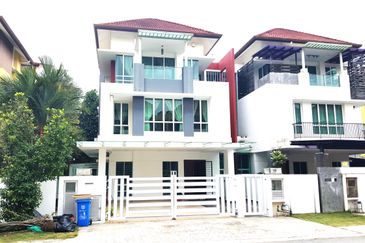
Setia Damai
Setia Alam/Alam Nusantara, Selangor
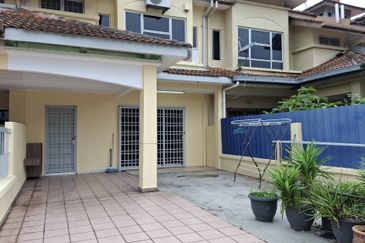
Bandar Botanic
Bandar Botanic/Bandar Bukit Tinggi, Selangor

Kuala Terengganu Golf Resort
Kuala Terengganu, Terengganu



